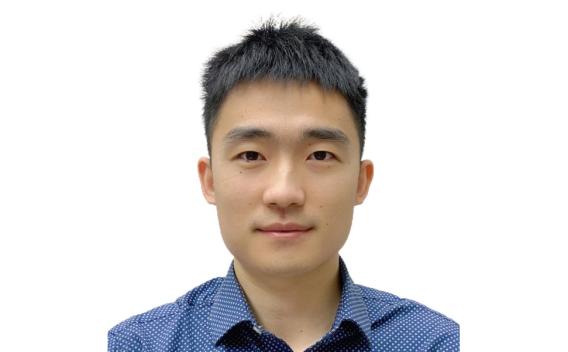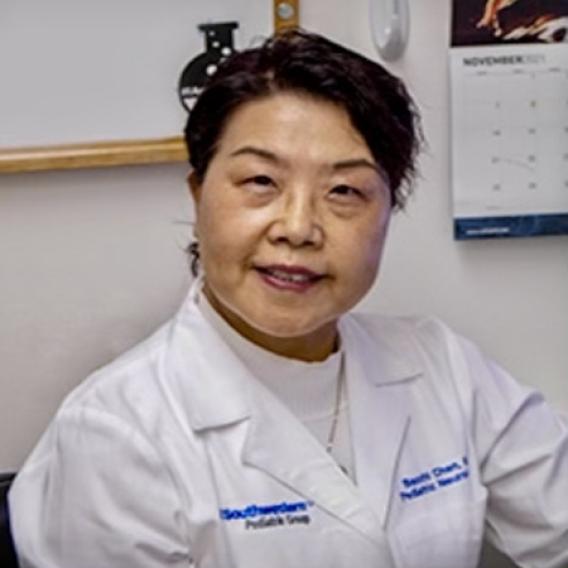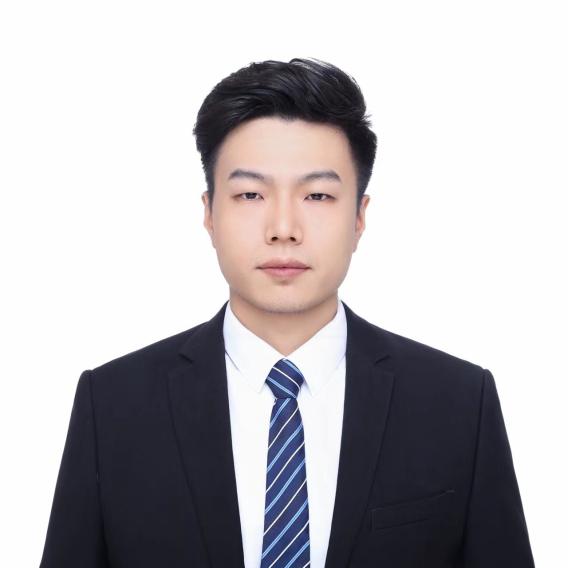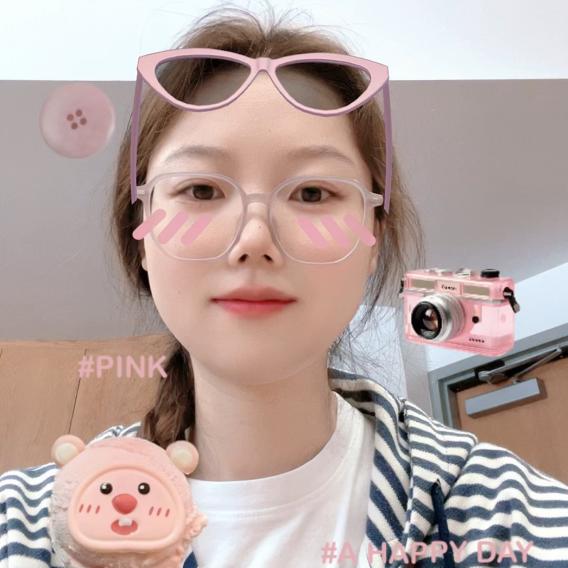“Seeing” the Biomolecules
Qi lab specializes in investigating the structure and function of membrane proteins related to human diseases using cryo-EM, cell-based assays, and mouse models.
Research
Cancer is a devastating disease that causes the death of over 10 million people annually. One framework for understanding cancer biology from an extracellular perspective is the concept of the tumor microenvironment (TME). The TME includes immune cells, signaling molecules, nutrients, fibroblasts, the extracellular matrix, blood vessels and other factors surrounding tumors. Our lab focuses on signaling pathways, particularly those involved in immune regulation, in the TME, and perform cutting-edge studies on the essential protein complexes using biophysical and cell biological approaches. We will also take advantage of cryo-EM and AlphaFold to identify new regulators in the TME by analyzing protein complexes that are purified endogenously from natural sources. The results of the proposed research will greatly enhance our understanding of cancer biology and facilitate the development of new reagents for cancer therapies.
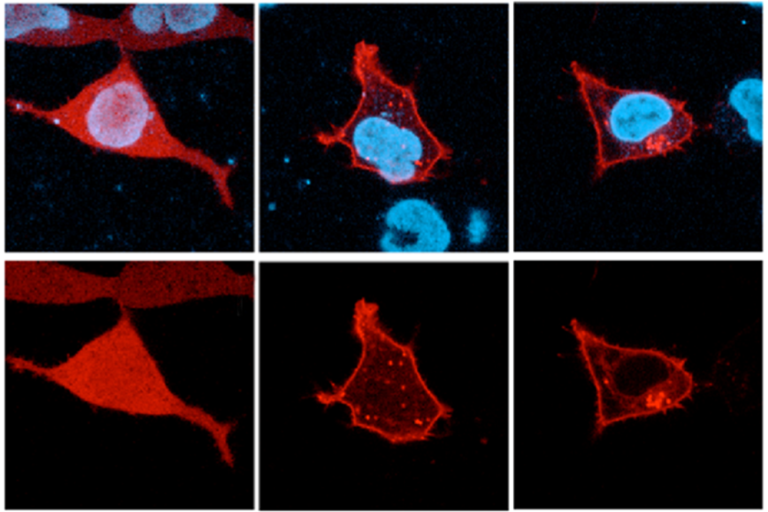
Xiaofeng Qi, Ph.D.
Principal Investigator
Dr. Xiaofeng Qi obtained his Bachelor’s degree in Biotechnology from Henan Polytechnic University, China, and earned his Ph.D. degree in Genetics from the Chinese Academy of Sciences, China. He joined UT Southwestern in 2017 as a Postdoctoral Researcher in Dr. Xiaochun Li’s lab in the Department of Molecular Genetics. In 2023, Dr. Qi transitioned to the Department of Molecular Biology as an Assistant Professor.
During his postdoctoral training, Dr. Qi focused on two signaling pathways closely associated with cancer: the Hedgehog (HH) pathway and the Wnt pathway. By determining the cryogenic electron microscopy (cryo-EM) structures of key components in HH signaling pathways, such as HH, Patched-1 and Smoothened, Dr. Qi uncovered the mechanism of HH signal transduction from the extracellular space to the cell. In the Wnt signaling pathway, Dr. Qi identified Calreticulin as a novel binding partner of the Wnt protein and elucidated the mechanisms underlying Wnt morphogen biogenesis.
Currently, Dr. Qi’s lab continues to concentrate on signaling pathways, particularly those involved in immune regulation in the tumor microenvironment (TME) and conduct cutting-edge studies on essential protein complexes using biophysical and cell biological approaches. Leveraging techniques such as cryo-EM and AlphaFold, Dr. Qi aims to identify new regulators in the TME by analyzing protein complexes purified endogenously from natural sources. The results of this proposed research hold significant promise for enhancing our understanding of cancer biology and facilitating the development of new reagents for cancer therapies.
Dr. Qi is a Michael L. Rosenberg Scholar in Medical Research and was named one of the 2023 CPRIT Scholars in the First-Time, Tenure-Track Faculty Member program.
Featured Publications
Rong Wang, Baozhi Chen, Nadia Elghobashi-Meinhardt, Jian-Ke Tie, Alyssa Ayala, Ning Zhou and Xiaofeng Qi*. Structure and mechanism of vitamin-K-dependent γ-glutamyl carboxylase. Nature 2025 Jan 29. doi: 10.1038/s41586-024-08484-9. Online ahead of print..
Xiaofeng Qi*, Qinli Hu*, Nadia Elghobashi-Meinhardt, Tao Long, Hongwen Chen and Xiaochun Li. Molecular basis of Wnt biogenesis, secretion and Wnt7 specific signaling. Cell 186, no. 23 (2023): 5028-5040.
Hongwen Chen*, Xiaofeng Qi*, Rebecca A. Faulkner, Marc M. Schumacher, Linda M. Donnelly, Russell A. DeBose-Boyd, and Xiaochun Li. Regulated Degradation of HMG CoA Reductase Requires Conformational Changes in Sterol-Sensing Domain. Nature Communications 13, no. 1 (2022): 1-12.
Yang Liu*, Xiaofeng Qi*, Linda Donnelly, Nadia Elghobashi-Meinhardt, Tao Long, Rich W Zhou, Yingyuan Sun, Boyuan Wang, and Xiaochun Li. Mechanisms and inhibition of Porcupine-mediated Wnt acylation. Nature 607, no. 7920 (2022): 816-822.
Yingyuan Sun*, Jin Wang*, Tao Long*, Xiaofeng Qi*, Linda Donnelly, Nadia Elghobashi-Meinhardt, Leticia Esparza, Jonathan Cohen, Xiao-Song Xie, Helen Hobbs, and Xiaochun Li. Molecular basis of cholesterol efflux via ABCG subfamily transporters. Proceedings of the National Academy of Sciences 118, no. 34 (2021).
Xiaofeng Qi, Lucas Friedberg, Ryan DeBose-Boyd, Tao Long, and Xiaochun Li. Sterols in an intramolecular channel of Smoothened mediate Hedgehog signaling. Nature Chemical Biology 16, no. 12 (2020): 1368-1375.
Xiaofeng Qi and Xiaochun Li. Mechanistic insights into the generation and transduction of hedgehog signaling. (Review) Trends in Biochemical Sciences 45, no. 5 (2020): 397-410.
Xiaofeng Qi*, Heng Liu*, Bonne Thompson, Jeffrey McDonald, Cheng Zhang, and Xiaochun Li. Cryo-EM structure of oxysterol-bound human Smoothened coupled to a heterotrimeric Gi. Nature 571, no. 7764 (2019): 279-283.
Xiaofeng Qi, Philip Schmiege, Elias Coutavas, and Xiaochun Li. Two Patched molecules engage distinct sites on Hedgehog yielding a signaling-competent complex. Science 362, no. 6410 (2018): eaas8843.
Xiaofeng Qi*, Philip Schmiege*, Elias Coutavas, Jiawei Wang, and Xiaochun Li. Structures of human Patched and its complex with native palmitoylated sonic hedgehog. Nature 560, no. 7716 (2018): 128-132.
Zhihao Bao*, Xiaofeng Qi*, Sen Hong, Ke Xu, Fangyuan He, Minhua Zhang, Jiugeng Chen, Daiyin Chao, Wei Zhao, Dianfan Li, Jiawei Wang, and Peng Zhang. Structure and mechanism of a group-I cobalt energy coupling factor transporter. Cell Research 27, no. 5 (2017): 675-687.
Xiaofeng Qi, Wei Lin, Miaolian Ma, Chengyuan Wang, Yang He, Nisha He, Jing Gao, Hu Zhou, Youli Xiao, Yong Wang, and Peng Zhang. Structural basis of rifampin inactivation by rifampin phosphotransferase. Proceedings of the National Academy of Sciences 113, no. 14 (2016): 3803-3808.
Lab News
4/25/24
Welcome Yaru Wang, PhD.
We welcome Yaru Wang, PhD to join the lab as a Postdoctoral Researcher.
3/25/24
Welcome Alyssa Ayala
We welcome Alyssa Ayala to join the lab as a Research Assistant I.
3/18/24
Welcome Ning Zhou, PhD.
We welcome Ning Zhou, PhD, as our first Postdoctoral Researcher.
9/15/23
Welcome Baozhi Chen, MD.
We welcome Baozhi Chen, MD, as the first Qi Lab member! Baozhi has served UT Southwestern Medical Center for over 20 years. We are so lucky to have her join our team!
9/15/23
Qi lab is up and running.
We are extremely excited to start our journey of exploring the world of biomolecules!
Contact Us
PI's Email
Office phone: 214-645-5827
Lab phone: 214-648-1449
Address
6000 Harry Hines Blvd
NA8.300 (office NA8.300A)
Dallas, TX 75390

